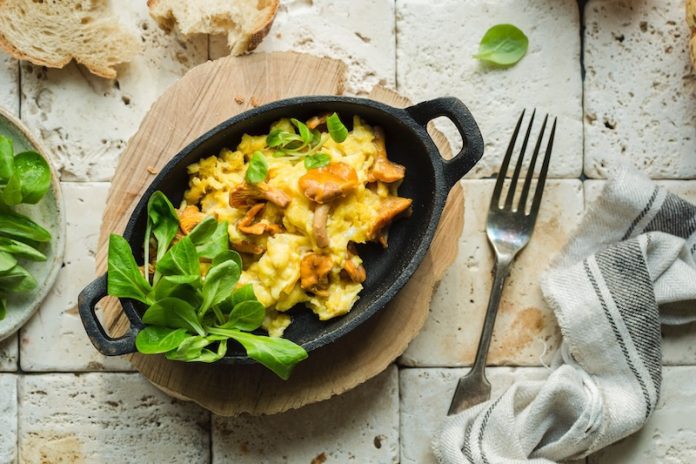
When we get injured, our bodies work tirelessly to repair the damage. Whether it’s a minor scrape or a surgical incision, the process of wound healing is remarkable.
Did you know that what you eat plays a vital role in how quickly and effectively your body can heal?
In this review, we’ll explore the fascinating connection between nutrition and wound healing, shedding light on the foods and nutrients that can make a significant difference in your recovery.
Wound healing is a complex and intricate process that involves various stages, such as inflammation, tissue formation, and tissue remodeling.
For this process to occur smoothly, the body requires a range of nutrients, including vitamins, minerals, proteins, and antioxidants. When we lack these essential elements, wound healing can be delayed or compromised.
The Power of Protein
Proteins are the building blocks of life, and they play a pivotal role in wound healing. One specific type of protein, collagen, is crucial for the formation of new tissue.
Collagen provides structure and strength to the wound site, aiding in its repair. To boost collagen production, it’s essential to consume an adequate amount of protein-rich foods like lean meats, fish, poultry, beans, and dairy products.
Vitamin C – The Wound Healer
Vitamin C is renowned for its role in supporting the immune system, but it’s also a wound-healing superhero. This vitamin helps the body produce collagen and other essential proteins, strengthening the wound site.
Citrus fruits, strawberries, and broccoli are excellent sources of vitamin C that can enhance your body’s healing abilities.
The Healing Power of Zinc
Zinc is a mineral that often goes unnoticed but plays a vital role in wound healing. It helps the body form new cells, produces collagen, and fights off infection. To ensure you’re getting enough zinc, include foods like nuts, whole grains, and legumes in your diet.
Omega-3 Fatty Acids for Inflammation Control
Inflammation is a natural response to injury, but excessive inflammation can slow down the healing process. Omega-3 fatty acids, found in fatty fish like salmon and walnuts, have anti-inflammatory properties that can help keep inflammation in check and promote faster healing.
Antioxidants – Nature’s Repair Kit
Antioxidants are like nature’s repair kit. They help protect the body’s cells from damage and promote tissue repair. Vitamins A, E, and selenium are potent antioxidants found in foods like carrots, almonds, and Brazil nuts.
Calories – Fueling the Healing Process
Wound healing requires energy, and that energy comes from calories. When you’re healing from an injury or surgery, your body’s calorie needs increase. Ensuring you’re eating enough calories is essential to support the healing process and prevent unintentional weight loss.
Hydration Matters
Proper hydration is often overlooked but is critical for wound healing. Water helps transport essential nutrients to the wound site and removes waste products. Staying well-hydrated ensures that your body can efficiently carry out the healing process.
Evidence from Research
Numerous studies have highlighted the impact of nutrition on wound healing. For example, a study published in the journal Wound Repair and Regeneration found that individuals with pressure ulcers who received a nutritional supplement containing protein, vitamin C, and zinc experienced faster wound healing compared to those who did not receive the supplement.
Another study published in the Journal of Wound Care investigated the role of omega-3 fatty acids in wound healing. The results indicated that omega-3 supplementation reduced inflammation at the wound site and enhanced the overall healing process.
Additionally, a study in the Journal of the American Dietetic Association emphasized the significance of proper calorie intake during wound healing.
It revealed that individuals who consumed fewer calories than their increased energy requirements experienced delayed wound healing and complications.
Conclusion
In conclusion, nutrition plays a pivotal role in the wound healing process. A diet rich in protein, vitamins, minerals, antioxidants, and adequate calories can significantly accelerate and enhance the body’s ability to repair itself.
By paying attention to your nutritional intake and incorporating healing-friendly foods into your diet, you can actively contribute to a swifter and more effective recovery from injuries and surgeries.
Remember, food isn’t just nourishment; it’s also a powerful ally in your body’s remarkable journey of healing.
Follow us on Twitter for more articles about this topic.
Copyright © 2023 Scientific Diet. All rights reserved.








